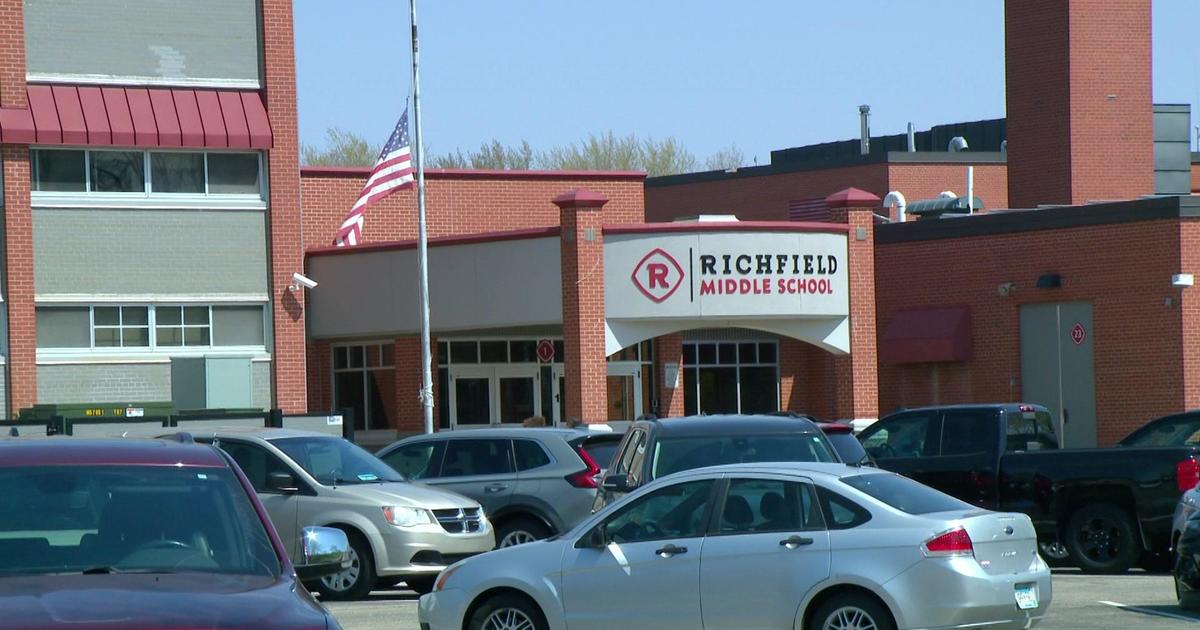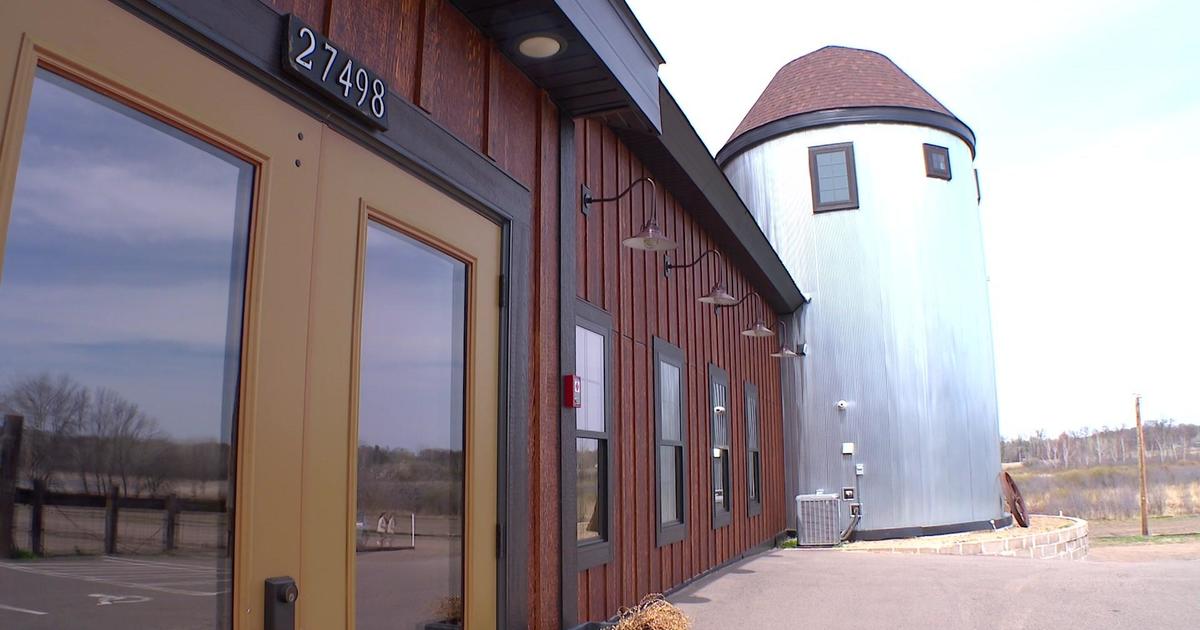First Responders To Begin Using Overdose Reversal Drug
MINNEAPOLIS (WCCO) -- Next month, all first responders will have a new tool in the fight against heroin.
Law enforcement and firefighters will now be able to treat heroin overdoses with a drug called Narcan.
In the past, only paramedics could use the treatment, but they're not always the first to show up to a scene -- and minutes matter when saving a life.
Bill Rummler isn't shy about sharing details of his son's death. Steve Rummler was just 43-years-old when addiction to opiates changed his family in 2011.
Steve's story started like so many others. Pain from a back injury eventually led to a prescription for narcotic painkillers. Addiction began and so did the long struggle towards sobriety.
Steve lost that battle on July 1, 2011 after consuming heroin. According to the toxicology report, other drugs were found in his system.
"When he died, the first thing we thought about really was to find a way to help others to prevent what happened to Steve from happening to others," Rummler said.
His family started the Steve Rummler Hope Foundation to bring awareness to the problems of chronic pain and addiction. For the last two legislative sessions, they lobbied a new law that could help prevent heroin and opiate overdose deaths.
"I really feel that that if this law would have been in place, if Narcan or naloxone were available, Steve would be alive today," Rummler said.
Victory came this year with a law allowing all first responders in Minnesota to treat patients with Narcan. The drug gives first responders extra time to get the patient proper medical attention when heroin or opiates suppress the respiratory system.
"The Narcan blocks the uptake of these drugs and restores their breathing," said HCMC paramedic Tony Brandt.
The Hennepin County Sheriff's Office will be the first in the state to use it in the field. Twenty-four deputies are learning how to treat an overdose using the Narcan nasal spray.
"The Narcan will work after a milligram or two, and they will start to wake up and at least restore their respiratory function so we don't have to breath for them," Brandt said.
The training comes at a crucial time as law enforcement respond to more and more heroin-overdose calls every year, according to Hennepin County Sheriff Rich Stanek.
"Last year, we had 56 heroin overdose deaths in Hennepin County and thousands more who ended up the emergency room as result of an overdose," Stanek said.
Steve wasn't able to overcome his demons, but for Rummler, his son's death will help others live.
"It's a great feeling to know that at least, you know, he's living on in this effort," Rummler said.
The drug costs $20 per dose and is paid for with money seized from drug busts.
There is also a second component to Steve's law where in most cases, someone reporting an overdose won't face criminal charges.



